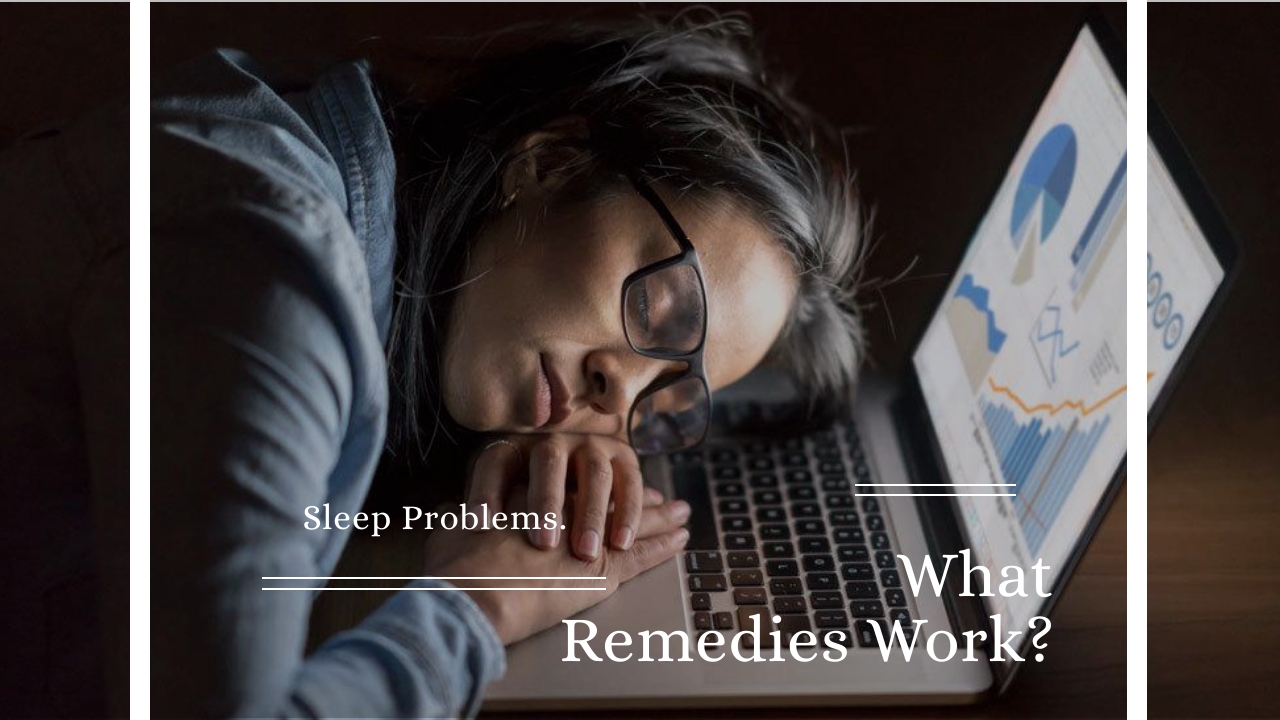Can anything we eat or drink help? Here’s what the science says.
So many suffer from insomnia. It’s more common among women. It is also common among people who are obese or have high blood pressure, anxiety or depression. And more and more studies are linking weight gain with sleep loss.
A new study suggests that adults should sleep eight to nine hours per night to help maintain a healthy weight. One theory is that lack of sleep disrupts hormones, such as leptin and insulin, which regulate appetite and body weight. Another explanation is that sleep deprivation leaves us too tired for exercise.
- If drink some warm milk before bedtime
Decades ago, scientists looked into this folk remedy and posited that tryptophan, an amino acid in milk, might be responsible for its supposed sleep-inducing effects. Earlier research had shown that when tryptophan is released into the brain, it produces serotonin a serenity-boosting neurotransmitter.
- If drink herbal tea
Chamomile, lemon are all touted for their sleep-promoting properties. You’ll often find them in “sleep-formula” tea blends, but unfortunately their effectiveness hasn’t been proven in clinical studies. Teas work for some. A warm liquid before bed may produce sleepiness by generating body heat. Beware: drinking liquids close to bedtime can mean nocturnal trips to the bathroom.
- If you say “no” alcohol
Though a glass of wine may help you fall asleep, excessive alcohol use can make you wake up in the night. One theory is that alcohol suppresses the REM (rapid eye movement) sleep state that’s critical to a good night’s sleep.
- If cut out all caffeine
Caffeine affects everyone differently, so if you’re sensitive it might be worth trying to cut down or limit. This can mean more than just cutting out a cup of coffee. The major sources of caffeine are coffee (71 percent), soft drinks (16 percent) and teas (12 percent) but chocolate is also a source.

